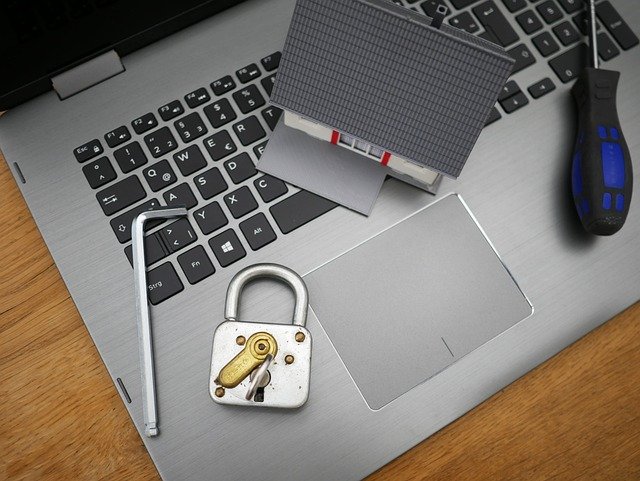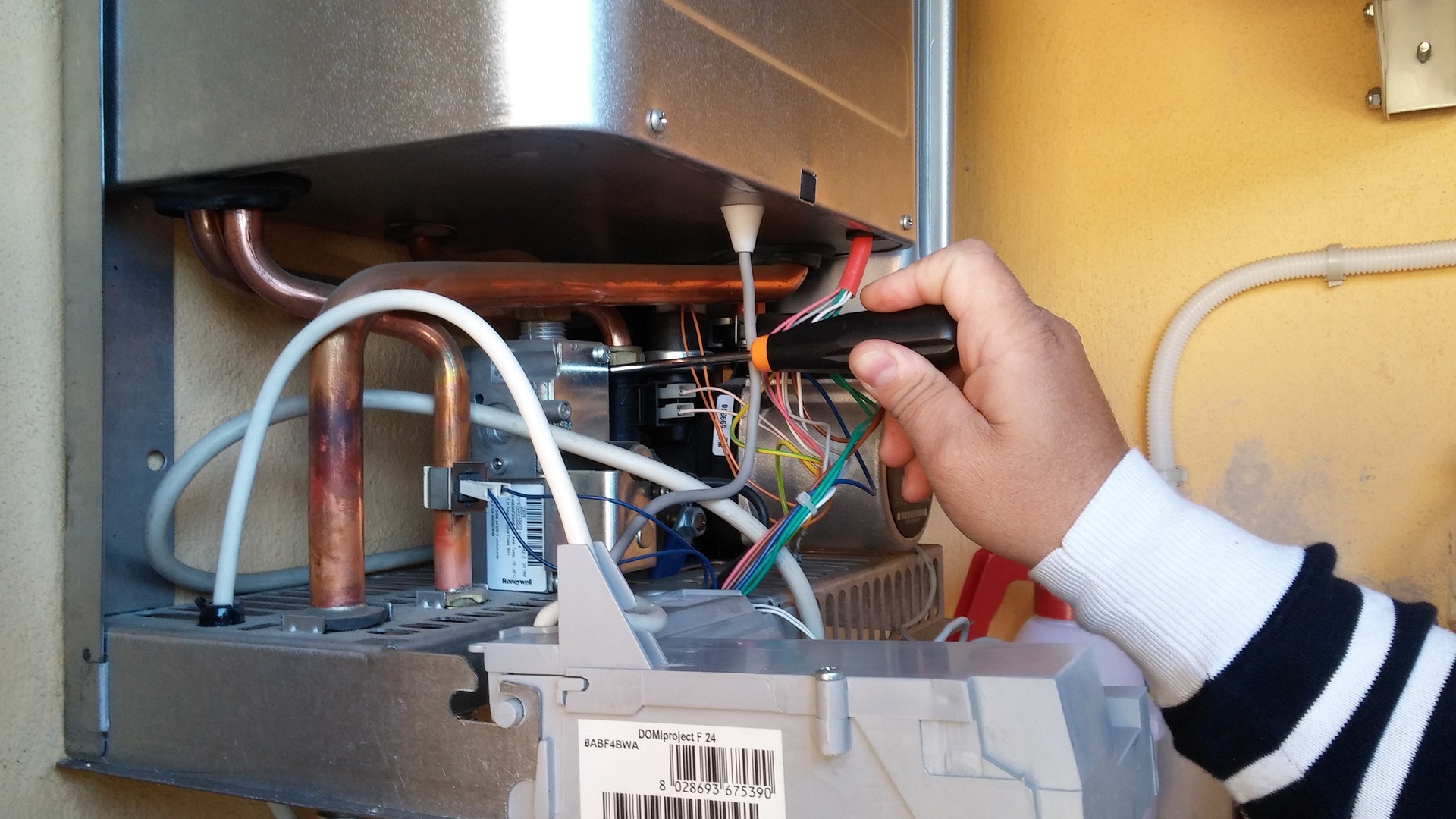Understanding Smart Locks: Features, Options, and Considerations
Smart locks allow keyless entry and remote access through smartphones, codes, or biometrics. Options vary from retrofit models to full replacements, offering different levels of security and convenience. These devices are increasingly used in homes and offices.

What are smart locks and how do they work?
Smart locks are electronic locking systems that allow users to control access to their homes using digital means. These devices typically replace or augment traditional key-based locks, enabling homeowners to lock and unlock doors using smartphones, key fobs, or keypad codes. Smart locks connect to home Wi-Fi networks or use Bluetooth technology to communicate with mobile devices and smart home systems.
The core functionality of a smart lock involves an electronic motor that engages or disengages the locking mechanism based on authenticated commands. These commands can be sent through various methods, including mobile apps, voice assistants, or even biometric verification in some advanced models.
What features should I look for in a smart lock?
When exploring smart lock options, several key features can enhance your home security and convenience:
-
Remote access: The ability to lock or unlock your door from anywhere using a mobile app.
-
Auto-lock: Automatically locks the door after a set period of time.
-
Activity logs: Keeps a record of who enters and exits your home and when.
-
Temporary access codes: Allows you to create time-limited codes for guests or service providers.
-
Integration with smart home systems: Compatibility with platforms like Amazon Alexa, Google Home, or Apple HomeKit.
-
Battery life: Long-lasting battery power with low-battery alerts.
-
Backup entry methods: Alternative ways to unlock the door if the primary method fails.
How do I choose the right smart lock for my home?
Selecting the appropriate smart lock depends on various factors:
-
Compatibility: Ensure the lock is compatible with your existing door hardware and smart home ecosystem.
-
Installation complexity: Some locks are easier to install than others, with some requiring professional installation.
-
Security features: Look for locks with robust encryption and tamper alerts.
-
Power source: Consider whether you prefer battery-operated or hardwired options.
-
Design: Choose a lock that complements your home’s aesthetics.
-
User reviews and reliability: Research customer experiences and product reliability before making a decision.
What are the pros and cons of using smart locks?
Smart locks offer several advantages:
-
Convenience: No need to carry physical keys or worry about lost keys.
-
Remote access: Control your lock from anywhere with an internet connection.
-
Activity monitoring: Keep track of who enters and exits your home.
-
Integration: Can be part of a larger smart home security system.
However, there are also potential drawbacks:
-
Dependence on technology: Power outages or connectivity issues may affect functionality.
-
Cybersecurity risks: Like any connected device, smart locks can be vulnerable to hacking.
-
Cost: Generally more expensive than traditional locks.
-
Battery replacement: Regular maintenance required for battery-powered models.
How do smart locks compare to traditional locks in terms of security?
Smart locks and traditional locks each have their own security strengths and weaknesses. Smart locks offer advanced features like activity logs, remote monitoring, and the ability to change access codes quickly. They can also integrate with home security systems for a more comprehensive approach to home protection.
Traditional locks, on the other hand, are not susceptible to hacking or electronic malfunctions. They are also typically more resistant to physical attacks and do not rely on batteries or internet connectivity to function.
| Lock Type | Security Features | Vulnerabilities | Convenience |
|---|---|---|---|
| Smart Locks | Activity logs, remote access, integration with security systems | Potential hacking, battery/power dependency | High (keyless entry, remote control) |
| Traditional Locks | Physical durability, no electronic vulnerabilities | Can be picked or bumped, key duplication risks | Moderate (requires physical key) |
Prices, rates, or cost estimates mentioned in this article are based on the latest available information but may change over time. Independent research is advised before making financial decisions.
Are smart locks worth the investment for home security?
The value of smart locks depends on individual needs and preferences. For homeowners who prioritize convenience, remote access, and integration with smart home systems, smart locks can be a worthwhile investment. They offer features that traditional locks cannot, such as the ability to grant temporary access to visitors or service providers without being physically present.
However, for those who are comfortable with traditional locking systems and do not require advanced features, the additional cost and potential technological complexities of smart locks may not justify the investment. It’s essential to weigh the benefits against the costs and potential risks when deciding whether to upgrade to a smart lock system.
Ultimately, smart locks represent a significant advancement in home security technology. While they offer numerous benefits in terms of convenience and control, they also require careful consideration of factors such as compatibility, security, and long-term reliability. By understanding these aspects and assessing your specific needs, you can make an informed decision about whether a smart lock is the right choice for your home.




